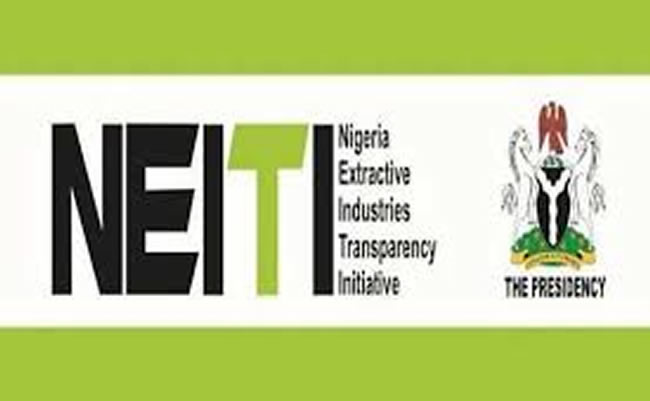The Nigeria Extractive Industries Transparency Initiative (NEITI) has issued a stark warning about a looming “silent fiscal emergency” threatening the economic stability of Nigeria’s states. This emergency stems from escalating debt servicing obligations that are progressively crippling the states’ ability to deliver essential services, invest in crucial infrastructure, and implement vital poverty reduction programs. NEITI’s concern, detailed in its recent policy brief, “Beyond Federal Allocations: The Cost of Borrowings and Debt Servicing at the State Level in Nigeria,” highlights the debilitating impact of debt servicing deductions on state finances and the urgent need for fiscal discipline and prudent debt management.
The crux of the issue lies in the substantial monthly allocations states receive from the Federation Account, primarily derived from extractive industry revenues. However, a significant portion of these allocations, ranging from 10% to 30%, is deducted at source to service existing debts. This preemptive deduction drastically reduces the funds available for critical investments in local infrastructure, social services, and poverty alleviation programs, effectively undermining the developmental impact of the extractive sector revenues. NEITI’s research, mandated by the NEITI Act 2007 and aligned with global EITI Standards, aims to expose the scale and implications of these deductions, equipping citizens, policymakers, and development partners with the evidence needed to advocate for fiscal responsibility and sustainable debt management practices.
NEITI’s policy brief reveals a stark disparity in debt burden across Nigerian states. Some states, like Kaduna, Ogun, Bauchi, and Cross River, face alarmingly high debt servicing deductions, exceeding 20% of their monthly allocations. Kaduna State, for instance, recorded the highest deduction ratio at 32.06%, with N51.2 billion deducted from its N159.7 billion gross allocation. Conversely, states like Borno, Jigawa, Benue, and Nasarawa demonstrate significantly lower debt burdens, with deductions below 5%. These low-debt states, including Kebbi, Bayelsa, and Anambra, retain over 95% of their gross allocations for development spending, offering valuable lessons in prudent borrowing and efficient fiscal management. This stark contrast underscores the importance of fiscal discipline and strategic borrowing practices for maintaining a healthy fiscal outlook.
The policy brief further cautions about the potential pitfalls of contractual obligations tied to public-private partnerships (PPPs) and infrastructure projects. Specifically, states like Ogun and Ondo, with substantial contractual deductions, illustrate the risk of opaque contract terms and excessive deductions eroding future fiscal space. In contrast, 18 states, including Abia, Adamawa, and Akwa Ibom, reported no contractual deductions, suggesting a more cautious approach to borrowing or strategic timing of debt acquisition. The report also highlights the significant disparity in allocations received by different states, exemplified by Delta State receiving five times more than Nasarawa. This disparity, coupled with high debt servicing ratios in smaller-allocation states, threatens to exacerbate fiscal inequality and hinder regional development.
To address this looming fiscal crisis, NEITI proposes a series of concrete recommendations. These include the establishment of State Debt Management Offices in all 36 states, mandatory real-time debt reporting, and quarterly public disclosures to enhance transparency and accountability. Further recommendations encompass linking federal bailouts and support to improvements in internally generated revenue (IGR) and fiscal transparency, revising the revenue allocation formula to address vertical and horizontal imbalances, capping contractual deductions, and publishing the full terms of major borrowing agreements. These measures aim to instill greater fiscal discipline and promote responsible economic governance at the state level.
NEITI emphasizes that its policy brief is not intended as a “name-and-shame” exercise but rather serves as a “mirror and a map” – a mirror reflecting the fiscal realities of Nigerian states and a map guiding them toward greater resilience, transparency, and equitable growth. NEITI stresses the potential of debt as a tool for financing development when managed efficiently. However, when debt servicing consumes a significant portion of monthly revenues, it becomes a severe impediment to public service delivery and economic stability. The policy brief, with its comprehensive data and actionable recommendations, has been disseminated to federal and state government entities, including the National Assembly, relevant ministries, departments and agencies (MDAs), the National Economic Council, State Accountants General, Commissioners of Finance, and the Governors’ Forum. The aim is to galvanize action and implement reforms to avert a full-blown debt crisis and ensure sustainable economic development at the state level.


